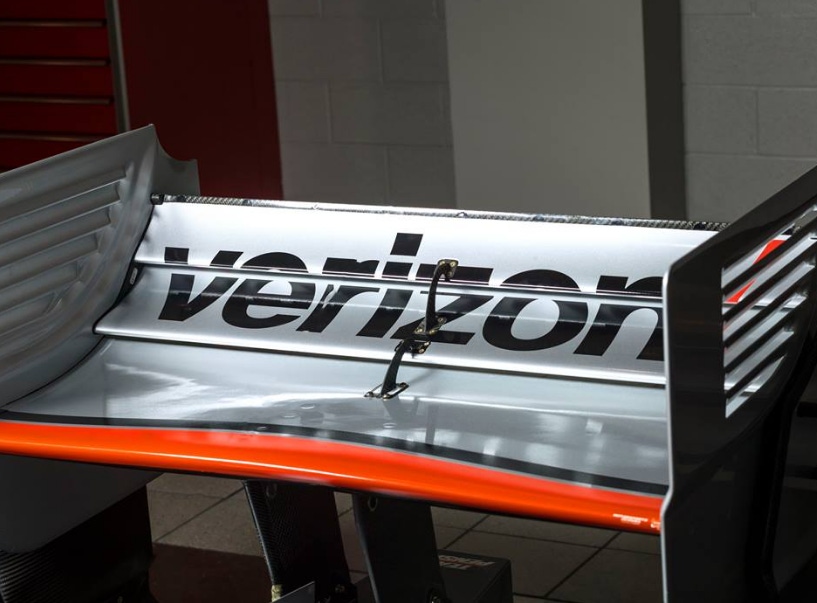Equinix has announced the completion of its acquisition of 29 data centres and their operations from Verizon Communications, adding weight to its North American standing.
May 2, 2017

Equinix has announced the completion of its acquisition of 29 data centres and their operations from Verizon Communications, adding weight to its North American standing.
The deal has been in the works for some time, however the $3.6 billion all cash transaction adds 1,000 customers, of which over 600 are net new, as well as approximately three million gross square feet of data centre space, Equinix claims. Aside from upping the ante for Equinix in the enterprise IT space, the move also offers some hints into the Verizon battle plan.
While the enterprise IT business is certainly a good one for Verizon, the wireless cash-cow is where the giant makes serious cash. This is also the arena where T-Mobile is being a proper nuisance.
If CEO John Legere has shown us anything in recent months, it’s that you don’t have to follow industry trends to be successful. Everyone else wanted to move away from unlimited data plans, T-Mobile didn’t, resulting in a huge gain of customers. Everyone else want to diversify business models to spread risk and capture new revenues, T-Mobile doesn’t and doing a pretty good job at it.
So what are the lessons from Legere here? Do one thing, and do one thing very well. Perhaps offloading these assets to Equinix is a means of retreating from the enterprise IT game to ensure Verizon has a more laser focus on the core business? It is speculation for the moment, but if it is true, it shows Verizon is no longer laughing off the Legere madness; it’s a real challenge, and it’s causing real problems.
The announcement ties nicely into a bit of chest puffing from Verizon last week. Writing on the company blog, Chief Network Officer Nicola Palmer highlighted the team didn’t bid on the 600 MHz spectrum because it simply doesn’t need it.
“We have strong spectrum holdings in the 700, 850, 1900 megahertz (MHz)/PCS, AWS 1 and 3 spectrum bands. So why didn’t we bid on the 600 MHz spectrum? We simply don’t need it,” said Palmer.
“One competitor spent $8 billion for 600 MHz spectrum to finally acquire a national low-band spectrum position. They need it, desperately. And while they continue to play catch up in 4G, we’ve had the largest national LTE Advanced footprint on 700 MHz spectrum for seven years, and it keeps getting better.”
Verizon may have a historical position as the top player in the US, but that doesn’t change the facts of today’s world; T-Mobile US is simply doing better. It seems to be a bit of corporate mud-slinging to keep investors at bay, most who have been watching the mammoth wander into the most competitive spell in living memory on the backfoot. It seems a bit defensive; executives talking themselves out of a pretty tricky corner.
T-Mobile is on the rampage, and Verizon is currently sitting back, seemingly hoping its lofty position in the market keeps it in good stead for the future. Titans have fallen before and they will do again. Let’s hope this little sale to Equinix bolsters the Verizon war chest in its core business to make things interesting.
How have open source groups influenced the development of virtualization in telecoms?
They have been essential to the process and it would have failed without them (36%, 77 Votes)
They have been positive and helped move things along (31%, 66 Votes)
They are just one part of the mix - neither positive nor negative (20%, 43 Votes)
They are a drain on resources and actively hinder the process (7%, 15 Votes)
It's not always clear what value they add and should be less involved (6%, 12 Votes)
Total Voters: 213
About the Author(s)
You May Also Like








.png?width=300&auto=webp&quality=80&disable=upscale)


_1.jpg?width=300&auto=webp&quality=80&disable=upscale)


.png?width=800&auto=webp&quality=80&disable=upscale)